About
The Bacterial infections: antimicrobial therapies group is a senior group.
Infectious diseases constitute a tenacious and major public health problem all over the world. The emergence and increasing prevalence of bacterial strains that are resistant to available antibiotics demand the discovery of new therapeutic approaches.
Biofilms are bacterial communities that grow embedded within a protective matrix produced by themselves.
Chronic infections caused by bacteria growing in biofilms, are enormously complicated to treat. It increases their fitness and survival, thus complicating treatment and diagnosis because they persist despite the action of antibiotic therapies and adaptive immune responses.
Over 60% of all human infections are characterized by the formation of a biofilm, which is involved in a wide variety of pathological conditions by either growing over human tissues (Cystic Fibrosis, Chronic Obstructive Pulmonary Disease, chronic wound, etc.) or by developing on the surfaces of medical devices (e.g. endotracheal tubes, intravenous and urinary catheters, etc.).
Our lab aims to investigate new antimicrobial therapies and strategies to combat bacterial infections with different objectives:
- The use of nanomedicine techniques for the development of novel and specific nanoparticles to deliver existing antibiotics or new identify antimicrobial drugs, significantly when the bacteria are growing in biofilm, close to the physiological conditions of the disease and where the current chemotherapy fails;
- The identification and screening of new molecules for the highly selective inhibition of new antibacterial targets (e.g. ribonucleotide reductases);
- The use of nanomedicine techniques for the development of novel and specific nanoparticles to deliver existing antibiotics or new identify antimicrobial drugs, significantly when the bacteria are growing in biofilm, close to the physiological conditions of the disease and where the current chemotherapy fails;
- To study new methodologies to treat chronic bacterial infections in patients suffering cystic fibrosis;
- To develop a new family of antibacterial vaccines;
- The development of new strategies for bacterial coculture systems;
- To study and develop models for wound healing infections and the search of novel treatments;
- The use of lab-on-a-chip technology to deeply elucidate mechanisms to combat bacterial forming biofilm as well as new approaches to identify multiresistant bacteria to different antibiotics.
- To establish the molecular basis for the regulation of genes involved in DNA synthesis (ribonucleotide reductase genes), their importance in virulence and biofilm formation;
We believe these projects will be beneficial to society since we explore the use of different bioengineering approaches to elucidate ways to diagnose and eradicate multi-drug resistant bacteria.
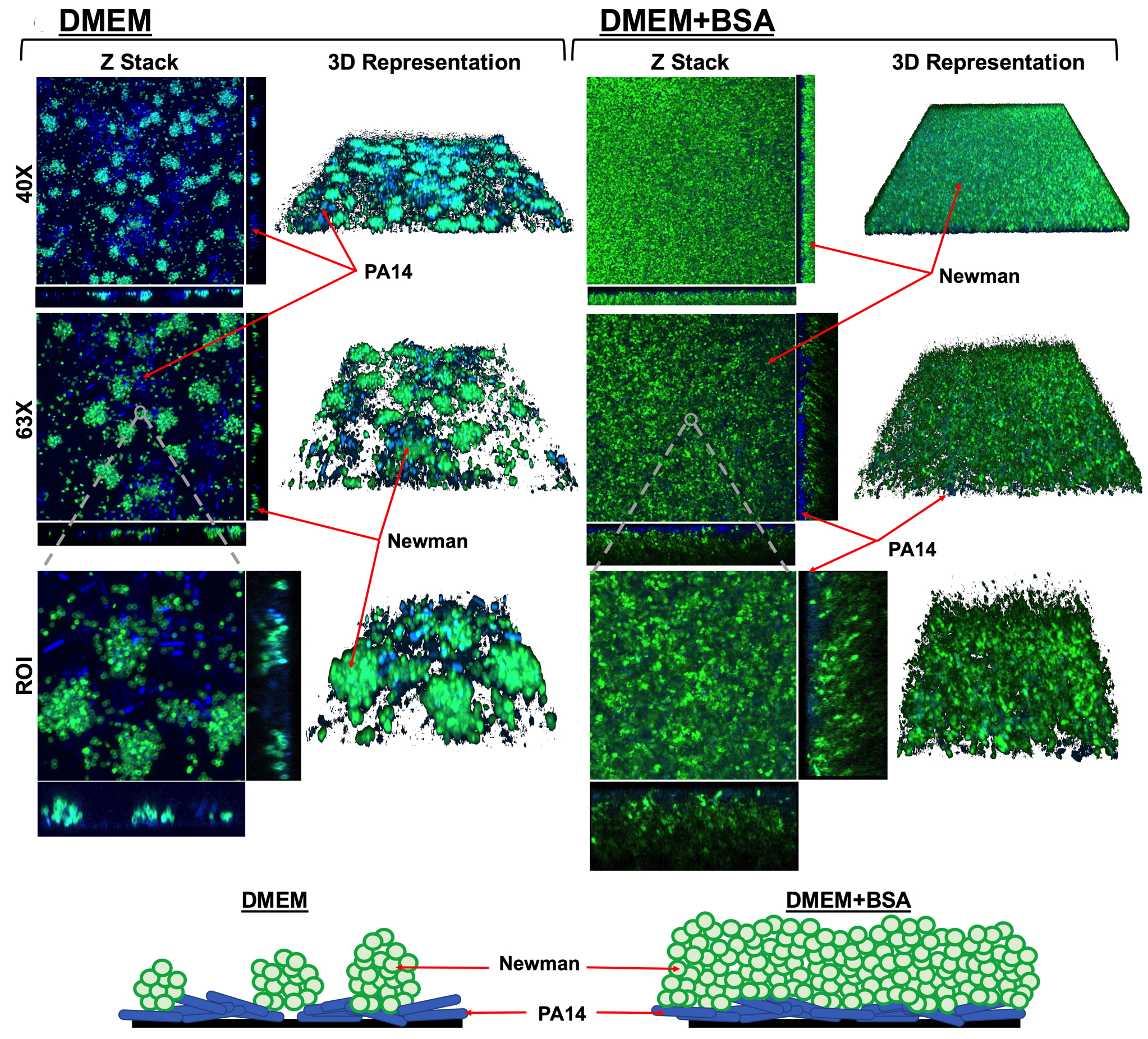
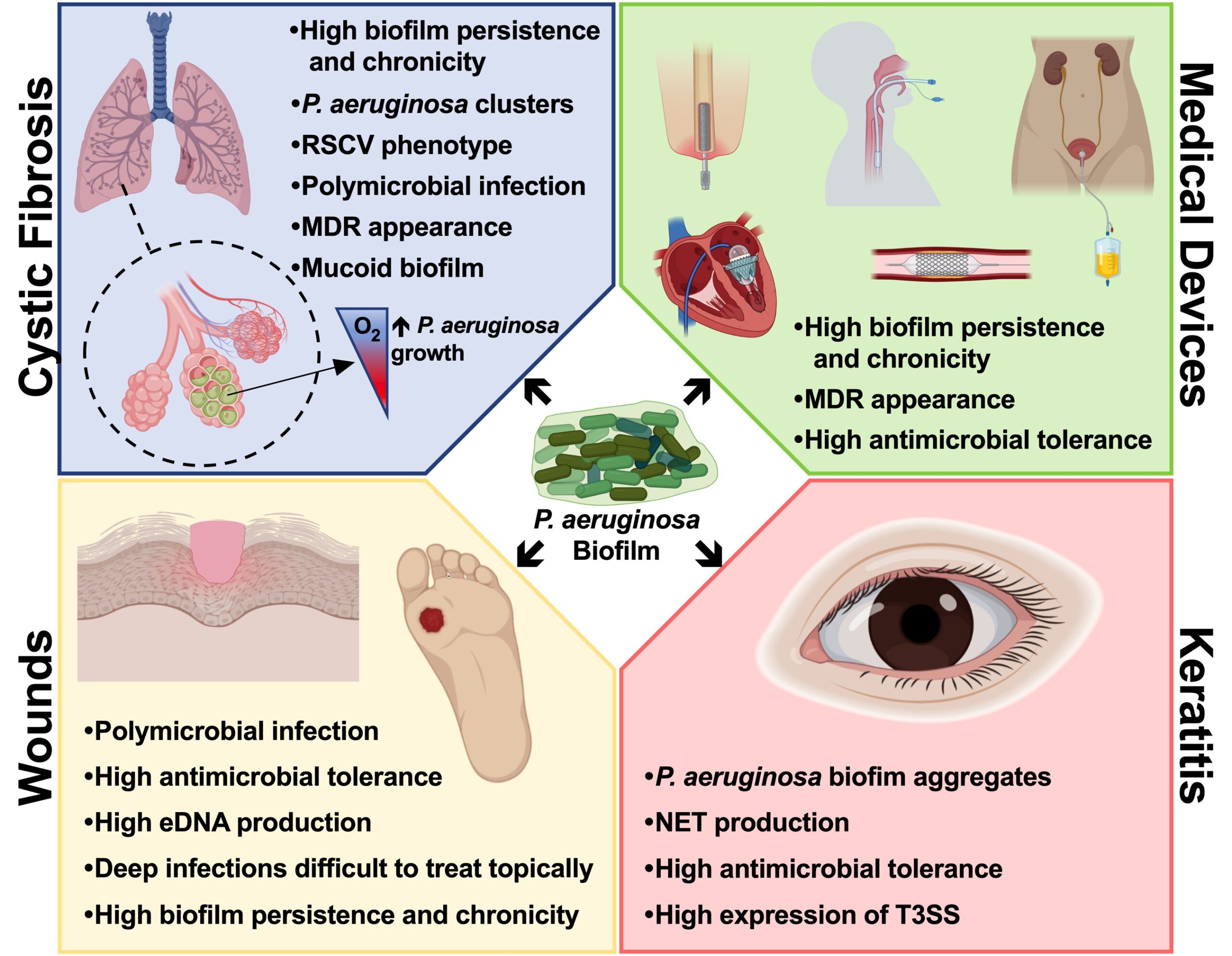
Related links:
Staff
Former Members
Maria del Mar Cendra | PhD Student
Projects
| NATIONAL PROJECTS | FINANCER | PI |
|---|---|---|
| InfectTreat · Understanding DNA metabolism and new insights in polymicrobial biofilms: development of more efficient therapies to tackle bacterial infections (2022 – 2025) | MICIU. Generación Conocimiento proyectos I+D | Eduard Torrents |
| DISnanoAMR · Desarrollo de nuevas estrategias para hacer frente a la resistencia antibiótica (2022 – 2025) | MICIU. Poryectos de I+D+i en líneas estratégicas | Eduard Torrents |
| IVD-Biofilm · Desarrollo de un nuevo dispositivo para el diagnóstico personalizado en infecciones relacionadas con biopelículas (2022 – 2024) | MICIU. Proyectos Pruebas de Concepto | Eduard Torrents |
| Acuerdo de colaboración ente el IBEC y la Asociación Catalana de Fibrosis Quística (2019 – 2024) | Asociación Catalana de Fibrosis Quística | Eduard Torrents |
| Las biopelículas polimicrobianas para el desarrollo de terapias más eficientes contra las infecciones bacterianas” (2021-2022) | Diputació de Barcelona | Eduard Torrents |
| combatRNR · Comprender la síntesis del ADN en patógenos bacterianos: nuevas estrategias para el tratamiento de enfermedades infecciosas (2019 – 2022) | MICIU. Retos investigación: Proyectos I+D | Eduard Torrents |
| BIOVAC · Artificial bacteria: a novel generation of bioinspired vaccines (2020 – 2023) | BIST. BIST Ignite Program | Eduard Torrents |
| Las biopelículas polimicrobianas para el desarrollo de terapias más eficientes contra las infecciones bacterianas” (2021-2022) | Diputació de Barcelona | Eduard Torrents |
| FINISHED PROJECTS | FINANCER | PI |
|---|---|---|
| Terapias alternativas para el tratamiento de las infecciones bacterianas crónicas en pacientes con fibrosis quística a (2019-2021) | Asociación Catalana de Fibrosis Quística | Eduard Torrents |
| Noves estratègies antimicrobianes per combatre la fibrosi quística (2016-2020) | Obra Social La Caixa | Eduard Torrents |
| BiofilmChip CaixaImpulse BiofilmChip (2018 – 2020) | Obra Social La Caixa | Eduard Torrents |
| Desarrollo de una nueva familia de compuestos antimicrobianos | Asociación Catalana de Fibrosis Quística | Eduard Torrents |
| Identificación y administración de nuevas moléculas antimicrobianas contra Pseudomonas aeruginosa creciendo en biofilm | Asociación Española Fibrosis Quística, Becas de Investigación «Pablo Motos» | Eduard Torrents |
| Novel strategies to combat bacterial chronic infections by the development of microfluidics platforms to analyse and treat bacterial growing in biofilms (2016) | Obra Social La Caixa | Eduard Torrents |
| Redes reguladoras de la expresión génica de las distintas ribonucleotidil reductasas en bacterias | MINECO, I+D-Investigación fundamental no orientada | Eduard Torrents |
| BACTSHOT Novel antimicrobial therapy (2016-2017) | EIT Health Head Start – Proof of Concept | Eduard Torrents |
| inhibitRNR Las ribonucleotido reductasas como una nueva diana terapéutica frente a patógenos bacterianos (2016-2018) | MINECO, Retos investigación: Proyectos I+D | Eduard Torrents |
| Ribonucleotide reductasas: una nueva diana terapéutica contra organismos patógenos en enfermos de fibrosis quística (2010-2017) | Asociación Española Fibrosis Quística, Becas de Investigación «Pablo Motos» | Eduard Torrents |
| RNRbiotic New strategy to combat bacterial infections (2015-2017) | Obra Social La Caixa, Caixaimpulse | Eduard Torrents |
Publications
(See full publication list in ORCID)
Check for more detailed information on the outputs of the Group at IBEC CRIS portal.
Publications list:
Equipment
- Zeiss LSM 800 Confocal Laser Scanning Microscope
- Nikon Inverted Fluorescent microscope ECLIPSE Ti-S/L100
- Cell culture facilities for microbial infections
- Characterization of nanoparticles/biomaterial antibacterial activity
- Drosophila melanogaster and Galleria mellonella as a model host for bacterial infections
- Continuous flow system model for bacterial biofilm development
- Single Channel Fiber-Optic Oxygen Meter with microsensor
- Molecular biology, biochemistry and protein purification facilities
- Bacterial expression systems for heterologous protein production
Collaborations
- Prof. Daniel Ruiz
Català de Nanociència i Nanotecnologia (ICN2), Barcelona, Spain - Prof. Bianca Sclavi
NRS Biologie Computationnelle et Quantitative. Sobornne Université. Paris. France - Dr. Esther Julián
Dept. de Genètica i de Microbiologia, Universitat Autònoma de Barcelona, Spain - Prof. Josep Samitier
IBEC - Prof. Santiago Vazquez
Laboratori de química farmacèutica, Pharmacy Faculty, Barcelona University - Prof. Gabriel Gomila
IBEC - Dr. Maarten Fauvart
IMEC, Leuven, Belgium
News
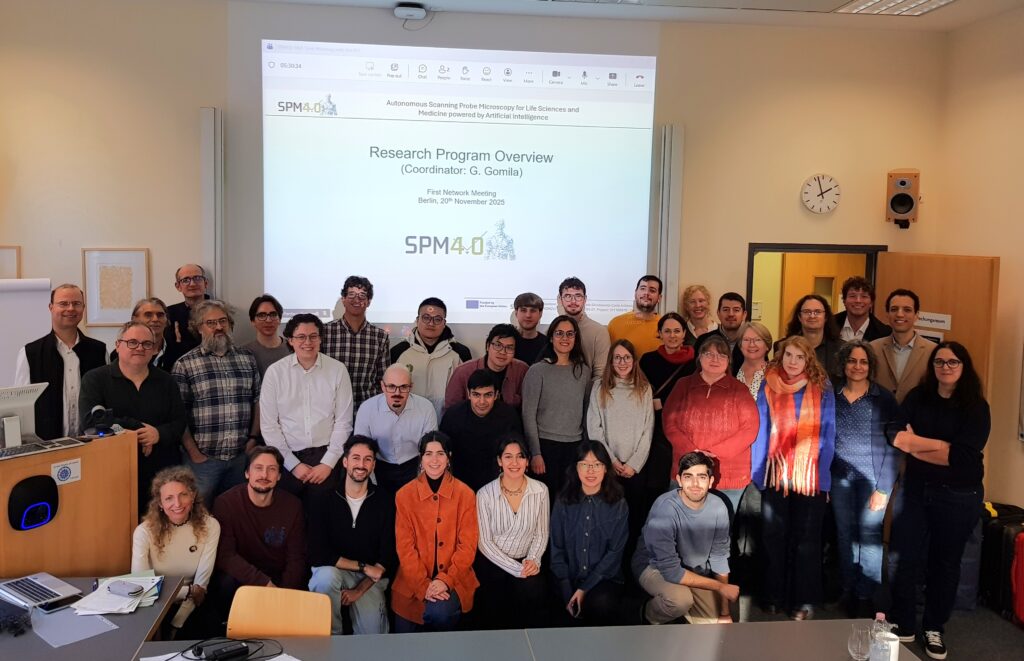
Berlín acoge la reunión intermedia y el primer curso de formación de la red SPM4.0, coordinada por el IBEC
El consorcio SPM4.0 se reunió en Charité-Berlín para celebrar su primer curso de formación y su reunión intermedia con el fin de reforzar la colaboración científica y apoyar el desarrollo de los investigadores doctorales del proyecto. Las sesiones ofrecieron una visión general completa de los actuales avances científicos y de las futuras actividades de formación. Este hito reforzó aún más la coordinación en toda la red y sentó las bases para alcanzar los próximos objetivos del proyecto.
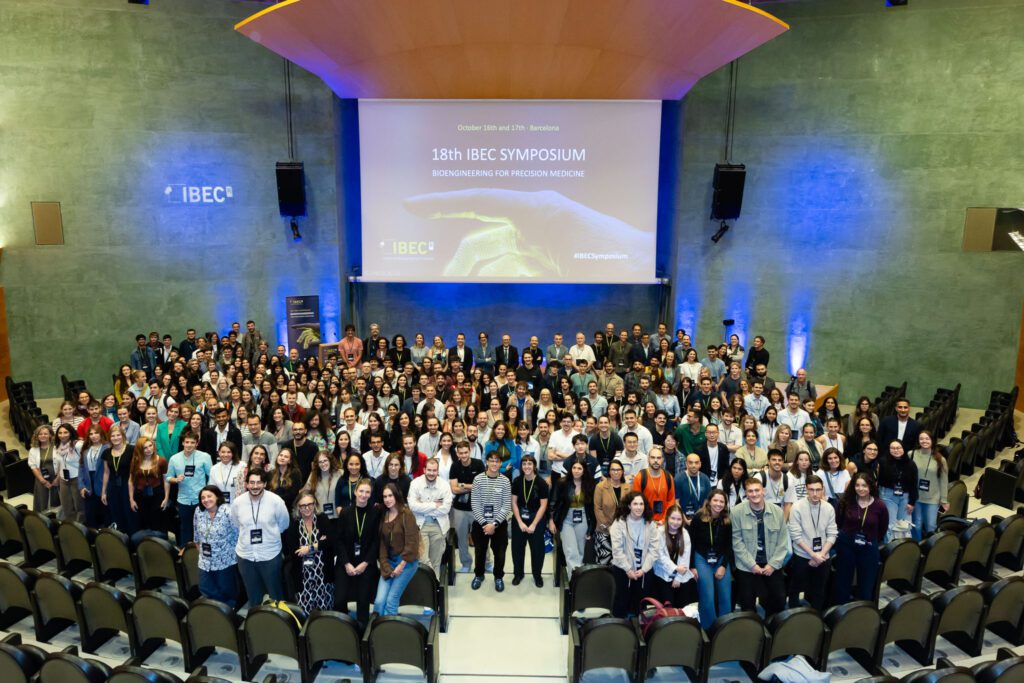
Bioingeniería para la medicina de precisión en el 18º Simposio del IBEC
El 18º Simposio anual del IBEC se centró en ‘Bioingeniería para la Medicina de Precisión’, una de las áreas clave de aplicación del IBEC. Fueron cerca de 300 las personas asistentes al evento, entre las que se encontraba personal investigador local e internacional. Un ambiente multidisciplinar en el que expertos y expertas de otros centros y la propia comunidad del IBEC tuvieron la oportunidad de presentar sus proyectos e intercambiar conocimiento.
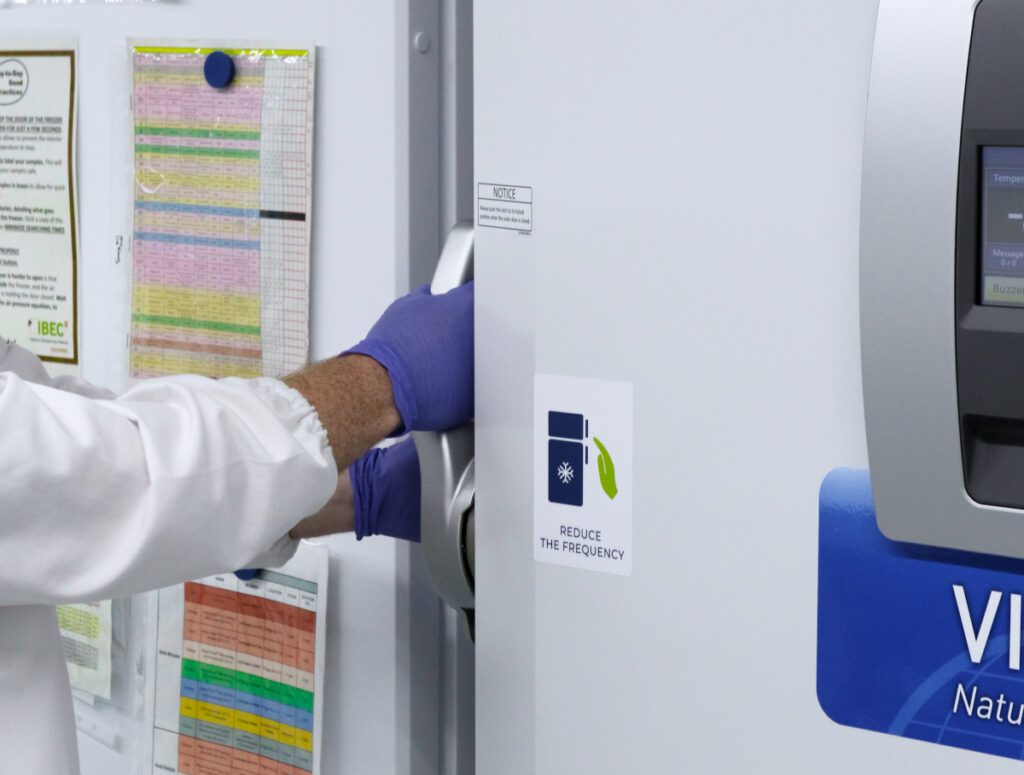
Siete laboratorios adicionales del IBEC alcanzan el nivel superior en la certificación My Green Lab
Siete grupos de investigación más del Instituto de Bioingeniería de Cataluña (IBEC) han sido certificados por My Green Lab, alcanzando la calificación más alta, el Green Level, por prácticas de laboratorio sostenibles. Con estas incorporaciones, el 70% de los laboratorios del Instituto ya están certificados.
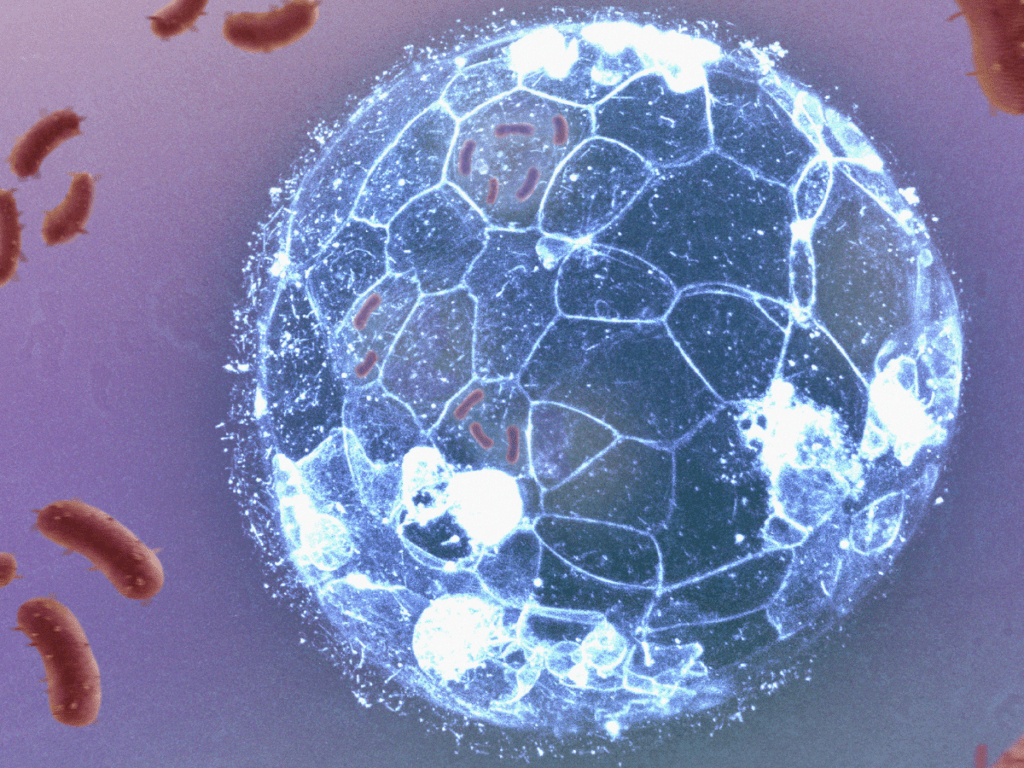
Descubren que los embriones pueden eliminar infecciones bacterianas antes de formar su sistema inmune
• El trabajo, liderado por un equipo del CSIC y el IDIBELL con la colaboración del IBEC, consigue visualizar células de embriones eliminando infecciones bacterianas, antes de la formación del sistema inmune • La investigación describe un mecanismo de fagocitosis similar al que usan los glóbulos blancos, y revela que ese mecanismo también está presente en embriones humanos.
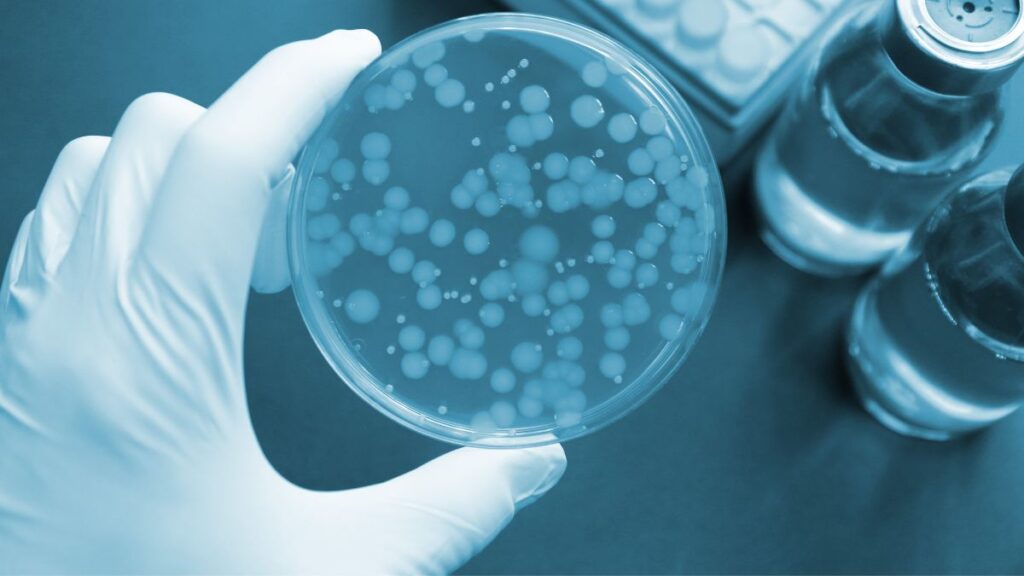
Estas bacterias pulmonares se alían para evadir el sistema inmunitario
Un estudio liderado por el Instituto de Bioingeniería de Cataluña (IBEC) y la Universitat Autònoma de Barcelona (UAB) ha descubierto cómo la coinfección por Pseudomonas aeruginosa y Mycobacterium abscessus, dos patógenos pulmonares comunes, puede suprimir la respuesta inmunitaria y empeorar el pronóstico de pacientes con enfermedades respiratorias. Los hallazgos, publicados en la revista Virulence, proporcionan una nueva visión de por qué las infecciones polimicrobianas son particularmente difíciles de tratar y abren la puerta a nuevas estrategias terapéuticas.

Eduard Torrents recibe la distinción del programa ICREA Academia
El investigador del IBEC Eduard Torrents ha sido galardonado con la distinción ICREA Academia que otorga la Institución Catalana de Investigación y Estudios Avanzados (ICREA). El líder del grupo de Infecciones Bacterianas: terapias antimicrobianas en el IBEC, ha recibido el premio en la categoría de Ciencias de la Vida y de la Salud.
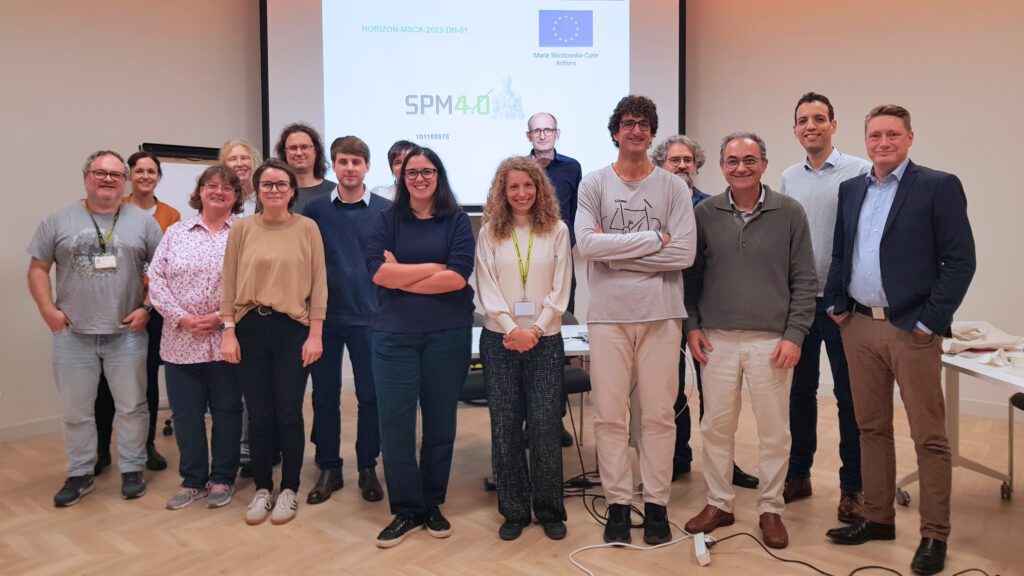
El IBEC acoge la reunión de lanzamiento del proyecto europeo SPM4.0
Investigadores de toda Europa se reunieron para la reunión de lanzamiento del proyecto SPM4.0, una innovadora Red Doctoral Marie Curie Skłodowska (MSCA-DN) dedicada a avanzar en las capacidades de la microscopía de sonda de barrido (SPM) autónoma impulsada por Inteligencia Artificial. El evento, celebrado en el IBEC, marcó el comienzo de una iniciativa con visión de futuro destinada a formar a una nueva generación de investigadores e investigadoras para ampliar los límites de la tecnología dentro de los campos de las ciencias de la vida y la medicina.
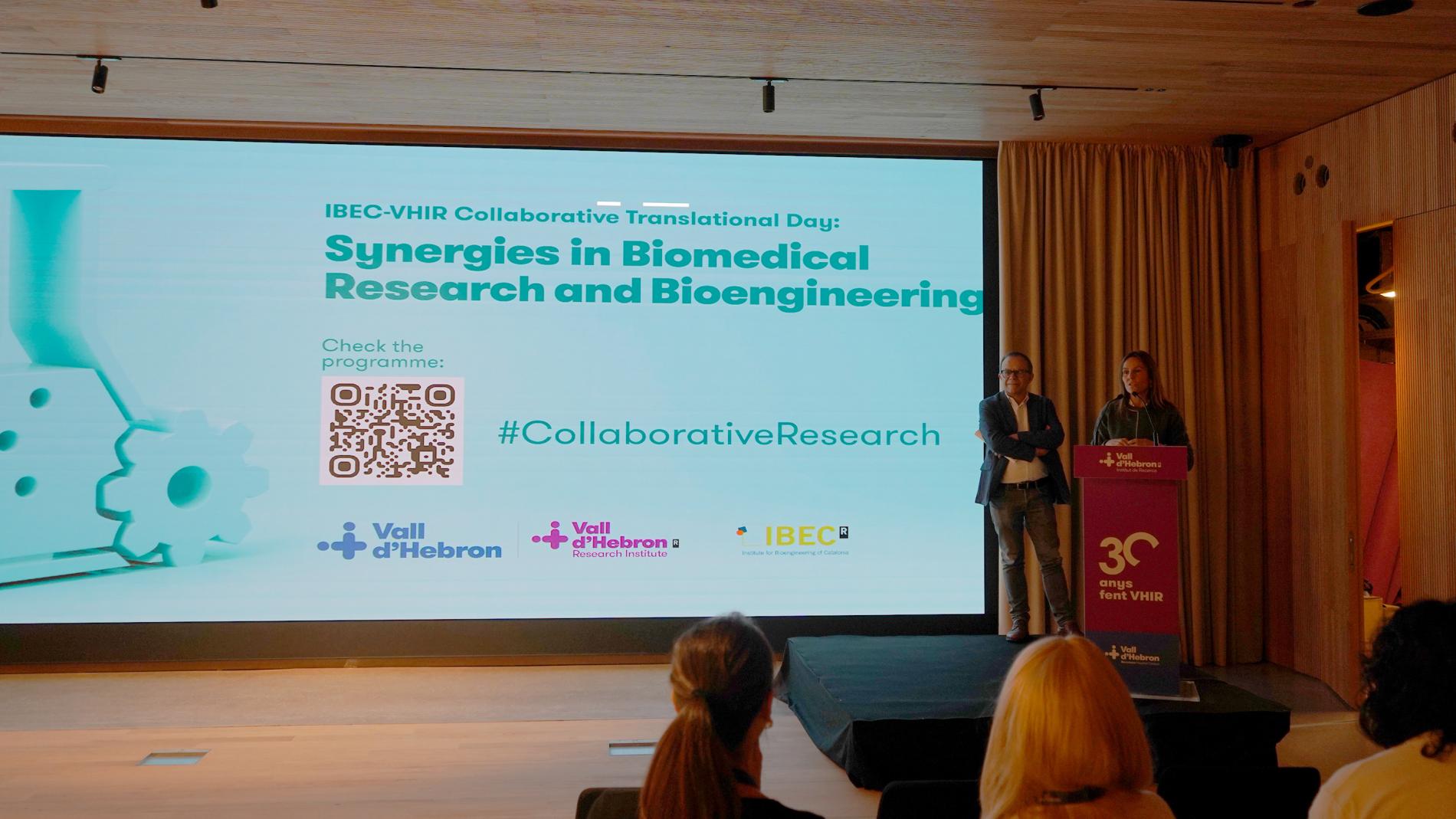
El IBEC y el VHIR celebran una jornada de colaboración para fomentar las sinergias
La 1ª Jornada Colaborativa Traslacional entre el Vall d’Hebron Instituto de Investigación (VHIR) y el Instituto de Bioingeniería de Cataluña (IBEC), celebrada el 21 de noviembre, ha sido una oportunidad para conocer proyectos y líneas de investigación de ambas instituciones y promover la interacción entre los profesionales.
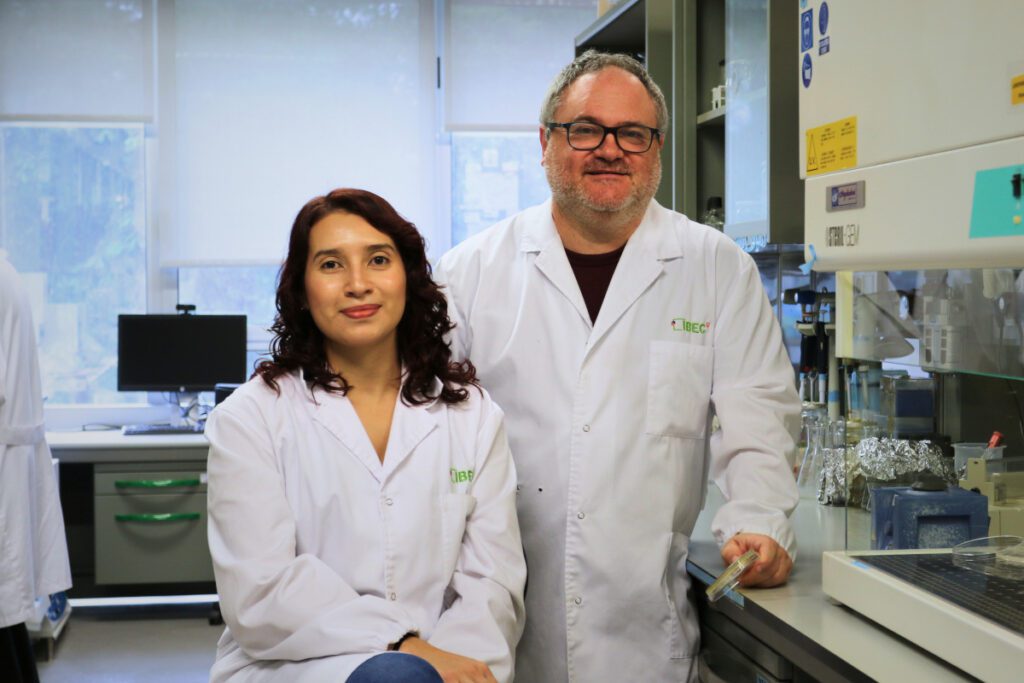
Histonas para frenar las infecciones bacterianas
Una investigación liderada por el IBEC ha analizado la actividad antimicrobiana de histonas humanas frente a diferentes bacterias, tanto en solución como en biofilm. Los resultados son muy prometedores y abren la puerta a encontrar nuevos tratamientos más efectivos, especialmente frente a infecciones por Pseudomonas aeruginosa. Esta bacteria es la principal responsable del desarrollo de heridas crónicas e insuficiencia pulmonar en pacientes con fibrosis quística y otras enfermedades respiratorias.
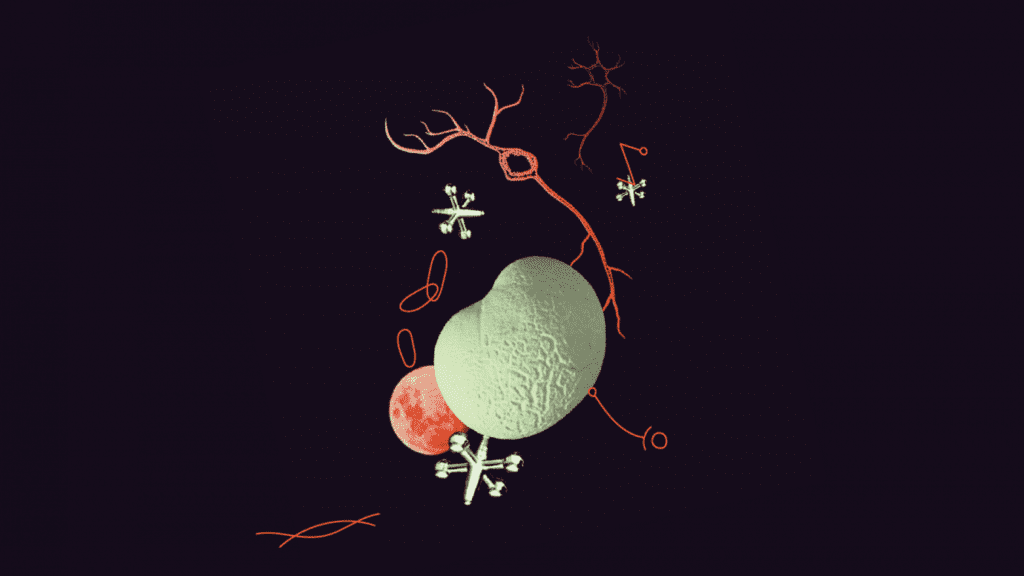
Dos proyectos con participación del IBEC seleccionados en la convocatoria de redes de doctorado MSCA
El IBEC coordinará SPM4.0 y participará como socio en ENTRY-DM, dos de los proyectos seleccionados en la convocatoria 2023 de redes de doctorado dentro del marco de las Acciones Marie Skłodowska-Curie (MSCA). Gracias a estos dos proyectos, el IBEC incorporará a tres nuevos doctorandos a su plantilla.
Jobs
Senior Technician at the Bacterial Infections and Antimicrobial Therapy (BIAT) Research Group
Ref: ST-ET // Deadline: 23/09/2025
Laboratory technician at the Bacterial Infections and Antimicrobial Therapy (BIAT) Research Group
Introduction to the vacant position: The Bacterial Infection and Antimicrobial Therapy Group is looking for a Laboratory Technician to work on the development of new technologies to treat chronic bacterial … Read more
Post-Doctoral position at the Bacterial Infection and Antimicrobial Therapy (BIAT) Research Group (PD_ET)
Ref: PD_ET // Deadline: 24/01/2024
Postdoctoral position at the Bacterial Infection and Antimicrobial Therapy (BIAT) Research Group (Pd_ET)
Ref: Pd_ET // Deadline: 07/07/2023
Postdoctoral position at the Bacterial Infection and Antimicrobial Therapy (BIAT) Research Group
Ref: BIAT // Deadline: 28/02/2023

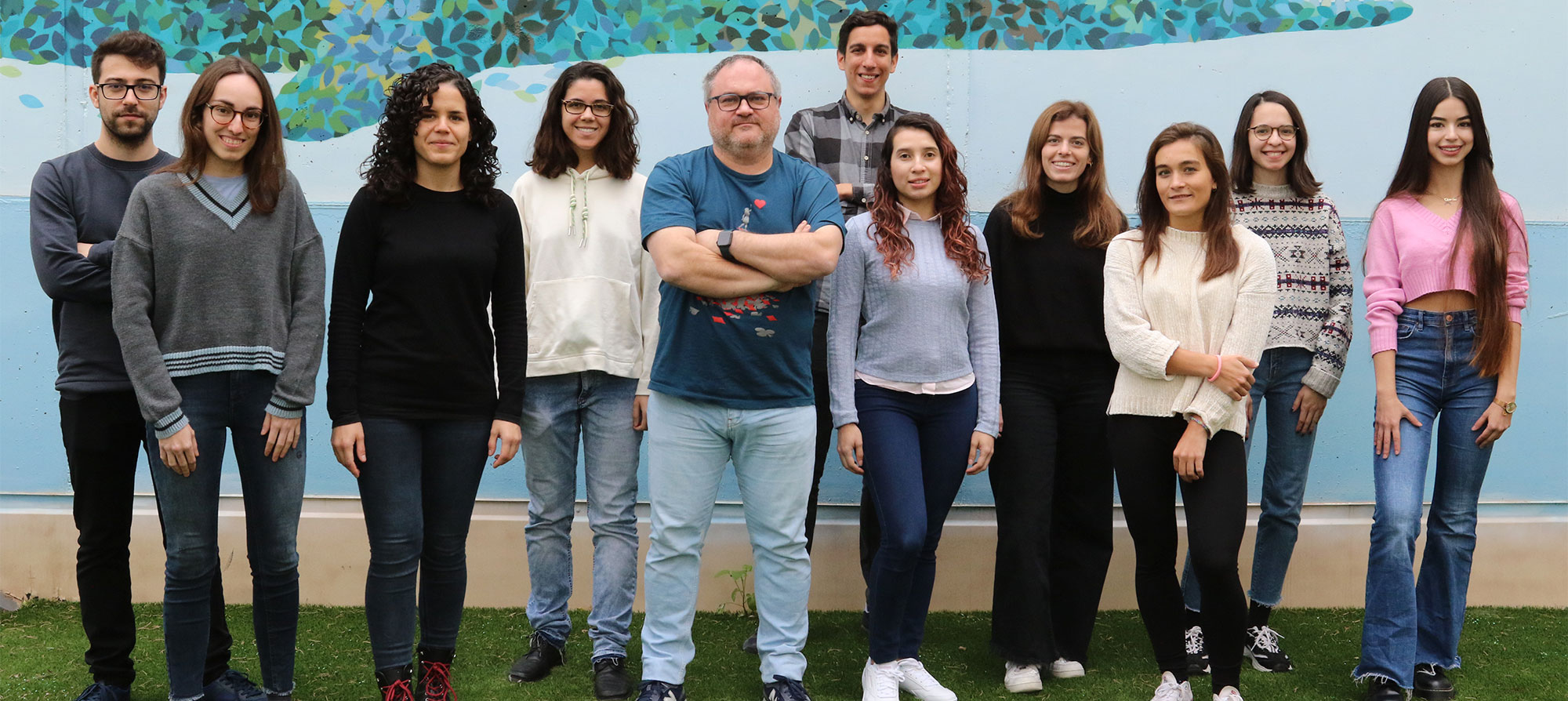
 ibecbarcelona.eu
ibecbarcelona.eu